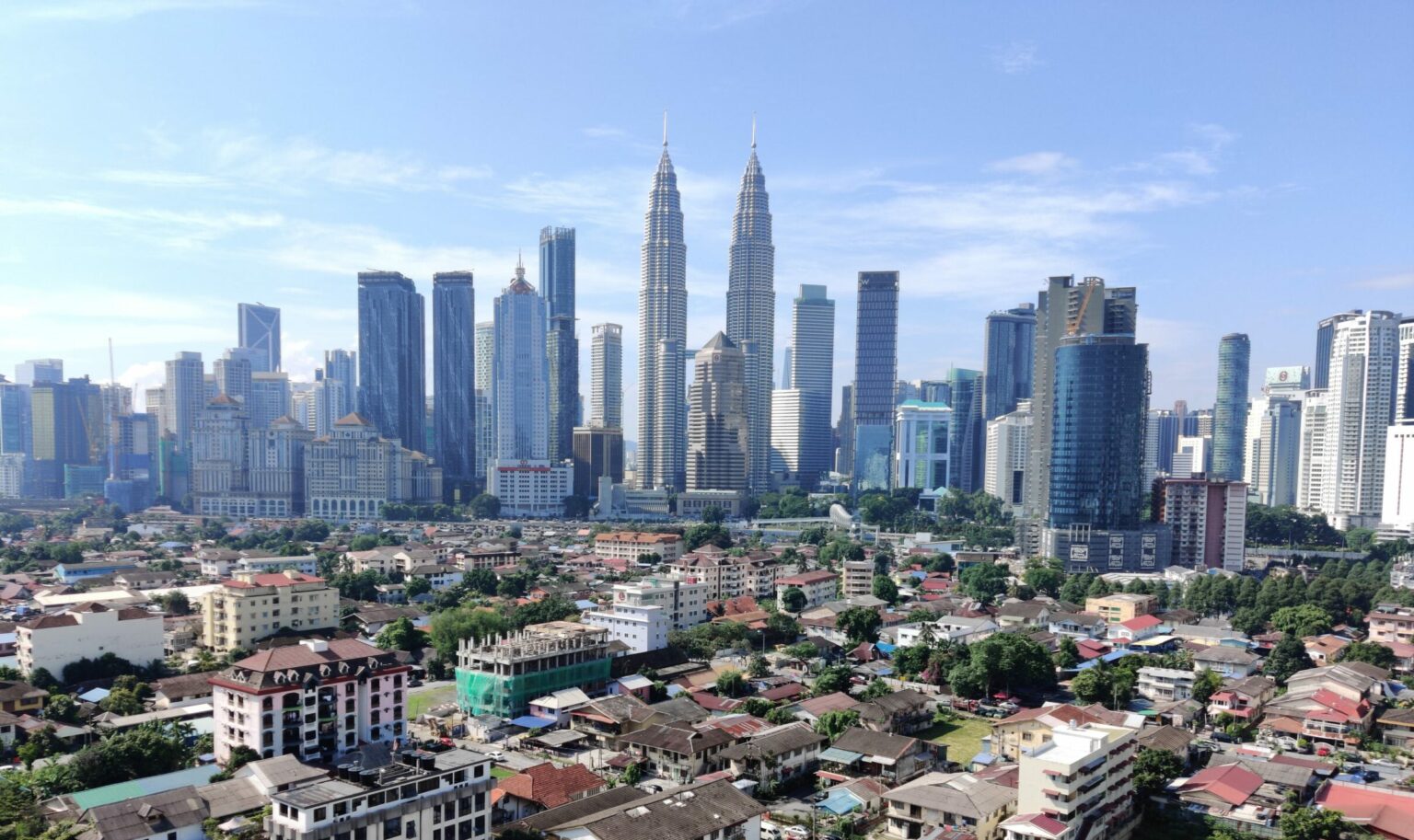Malaysia stands poised on the brink of an economic transformation, armed with strategic plans to attract high-value investments that promise to propel its economy to an unprecedented level. Tengku Datuk Seri Zafrul Abdul Aziz, Minister of Investment, Trade and Industry, ardently believes that the current incentives and focus on key sectors will successfully stimulate employment, boost household incomes, and ensure economic longevity.
Underlined areas of emphasis include the aerospace, chemicals/petrochemicals, digital economy, electrical and electronics, and pharmaceutical industries. Malaysia’s long-established and well-fostered diplomatic ties with significant trading allies and primary FDI sources play a crucial role in instilling and maintaining investor confidence.
Recent investment activities further substantiate the investor belief in Malaysia’s economic potential. For instance, the additional investment of up to €5 billion by Infineon Technologies AG, intending to construct the world’s largest 200-millimeter silicon carbide (SiC) power fabrication plant in its Kulim facility, demonstrates the thriving investor confidence in the Madani Economy principle.
Also read: Indonesia Powers Up: Nickel Giant Forges Ahead with EV Battery Supply Chain
Investments of such magnitude promise significant returns, with the Infineon Technologies investment potentially contributing an annual SiC revenue of about €7 billion by the end of this decade. This is a shared venture between Infineon’s facilities in Villach, Austria, and Kulim, Kedah.
“The confidence in government initiatives, be it from domestic or international investors, is a testament to the country’s potential,” Tengku Zafrul commented during his appearance on the Selamat Pagi Malaysia programme on Radio Televisyen Malaysia (RTM).
He also noted that the Malaysian ringgit’s recovery further validates this confidence. He stated, “We observe an influx of investments from both local and international companies, strengthening economic fundamentals, lowering unemployment, and controlling inflation. Confidence is the driving force, and I am convinced that we can attain a gross domestic product growth of 4.0-5.0% this year, subsequently fortifying the ringgit.”
Despite the emphasis on FDI, Tengku Zafrul highlights the essential role of local industries in fortifying the country’s economic ecosystem via domestic direct investment (DDI). He warns that “FDI will not gravitate towards Malaysia if local companies fail to provide ample raw materials, services, and necessary talent.”
In view of this, the upcoming New Industrial Master Plan 2030 (NIMP2030) will take the lead in enhancing the resilience of SMEs through automation and innovation. The NIMP2030 is a robust policy framework outlining clear strategies for the transformation of Malaysia’s industrial sector, with a dedicated task force led by Prime Minister Datuk Seri Anwar Ibrahim overseeing its successful implementation.
Source: The Star

















